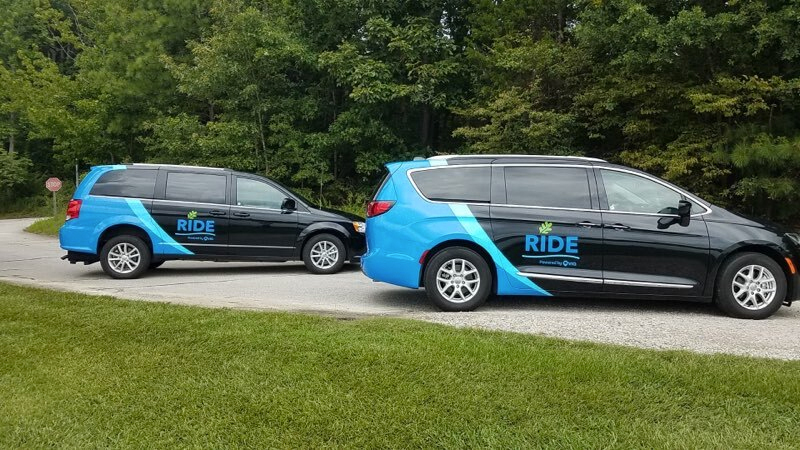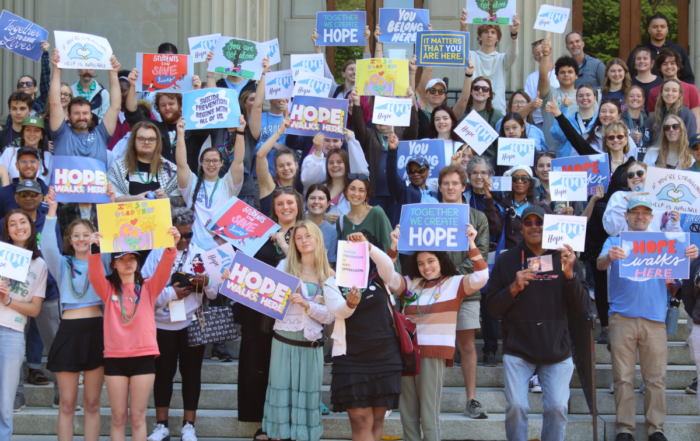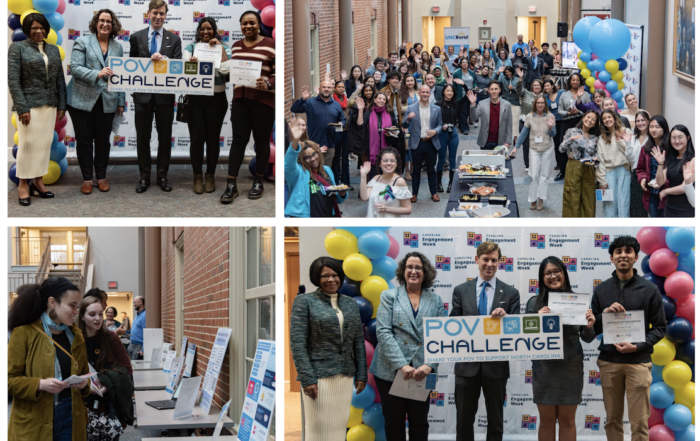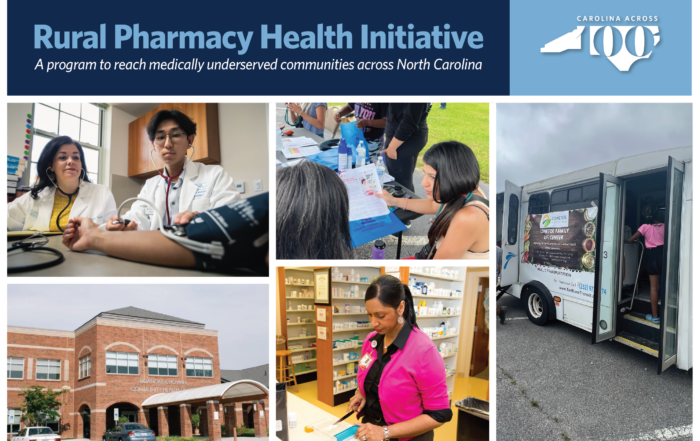Education | Employment | Small Business
Wilson’s RIDE program increases opportunities for young people
by Pavani Peri, with Abigail Holdsclaw, Research Associate, ncIMPACT Initiative
February 22, 2023

As we continue working with “Our State, Our Work” teams to connect young adults with educational opportunities and living wage employment in their communities, this blog will offer perspective on barriers to connecting young people to work and school. Read as we share learnings from experts about the work needed to be responsive to the barriers faced by Opportunity Youth, and how local governments can help youth circumvent those roadblocks.
We rely on so many services to go to school and work. These services include transportation and safe roads to ensure we arrive at work on time or can get home from late classes. Oftentimes, safe and reliable transit even at odd hours is a barrier to young people engaging in school or work opportunities. Local governments play a significant role in detecting gaps in public services, and acting creatively to fill them. The City of Wilson, NC partnered with private micro-transit provider, Via, to provide on-demand rideshare services to Wilson residents.
Residents needing transit to a specific location can place a call or download an app to order transportation through the RIDE program. A Wilson RIDE van picks up commuters at a designated location, transporting them to an appointment, work, or class. The rides are heavily subsidized, costing commuters only $1.50/person per ride, and you can add another rider for $1. Further, the program serves families with young children by allowing passengers under eight to ride for free.
Wilson’s RIDE program increases access for young people to get to the places they physically need to go to work, get credentialed, and enroll in essential career programs. And, it’s the latest of Wilson’s innovations to ensure equitable access to essential services that positively impact opportunity youth.
“The feedback we got from the community was incredible. Mothers talked about choices between grocery stores trips and medical appointments; they talked about the barriers that come with having a job and kids. RIDE gives young people who need to work or stay in school, mothers who need to get to work and appointments, and others the flexibility they need to get around.”
Dante Pittman, Human Resources Director for the City of Wilson, was responsible for community engagement when the City was considering transitioning to a new transit system. “The feedback we got from the community was incredible. Mothers talked about choices between grocery stores trips and medical appointments; they talked about the barriers that come with having a job and kids. RIDE gives young people who need to work or stay in school, mothers who need to get to work and appointments, and others the flexibility they need to get around.”
“The RIDE program also helps employers because they’re able to cast a wider net for recruiting employees, increasing the opportunities that exist for opportunity youth as well.” says Pittman.
The initiative also helps reduce barriers for younger students to get to school and participate in activities.
Participating in after-school activities is essential for young students to stay engaged in their school community and academic success. And, with the current bus-driver shortage affecting school districts across the state, schools are struggling to provide after-school transportation. That means working parents, families without cars, or those experiencing car troubles cannot pick their kids up from school after sports practices or club meetings–making it harder for students to participate in vital enrichment activities.
However, Wilson RIDE gives these students the flexibility to stay on school grounds after the school day ends without having to worry about how to get home. RIDE provides a vital service for young folks that increases engagement in school, school activities, and work.
The City of Wilson’s RIDE program is a shining example of how local governments can implement solutions that proactively respond to barriers to participation in school and work that opportunity youth face. As other local governments seek to implement holistic solutions, they can look to Wilson, NC as a model.
UNC-Chapel Hill’s Carolina Across 100 initiative is a 5-year initiative charged by Chancellor Kevin Guskiewicz which will partner with communities in all 100 North Carolina Counties to aid in pandemic recovery and help build resiliency. Stay connected with Carolina Across 100 as we continue to share data and resources.






